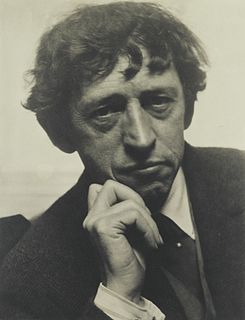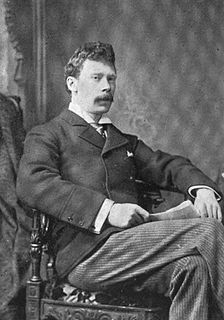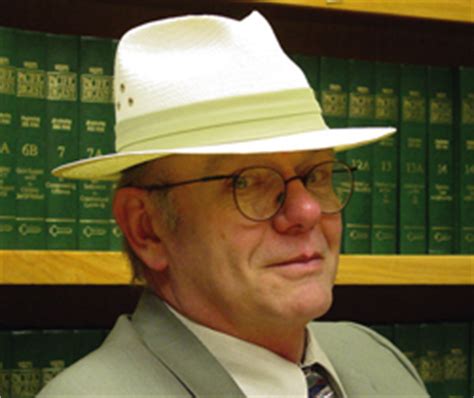A Quote by John Marin
Where the perhapses are found something has to be done about it and since art deals in the perhapses & maybe sos why not call it the consummate science — which gets its perfection from seeming imperfection.
Related Quotes
After all, let a man take what pains he may to hush it down, a human soul is an awful, ghostly, unquiet possession for a bad man to have. Who knows the metes and bounds of it? Who knows all its awful perhapses,--those shudderings and tremblings, which it can no more live down than it can outlive its own eternity?
What strikes me is the fact that in our society, art has become something which is related only to objects and not to individuals, or to life. That art is something which is specialized or which is done by experts who are artists. But couldn't everyone's life become a work of art? Why should the lamp or the house be an art object, but not our life?
To talk about the need for perfection in man is to talk about the need for another species. The essence of man is imperfection. Imperfection and blazing contradictions-between mixed good and evil, altruism and selfishness, cooperativeness and combativeness, optimism and fatalism, affirmation and negation.
We attempted perfection; we wanted an object to be without flaw, so we cut the papers with a razor, pasted them down meticulously, but it buckled and was ruined... that is why we decided to tear prewrinkled paper, so that in the finished work of art imperfection would be an integral part, as if at birth death were built in.
Perfection isn't human. Human beings are not perfect. What evokes our love--and I mean love, not lust--is the imperfection of the human being. So, when the imperfection of the real person peaks through, say, 'This is a challenge to my compassion.' Then make a try, and something might begin to get going.







































